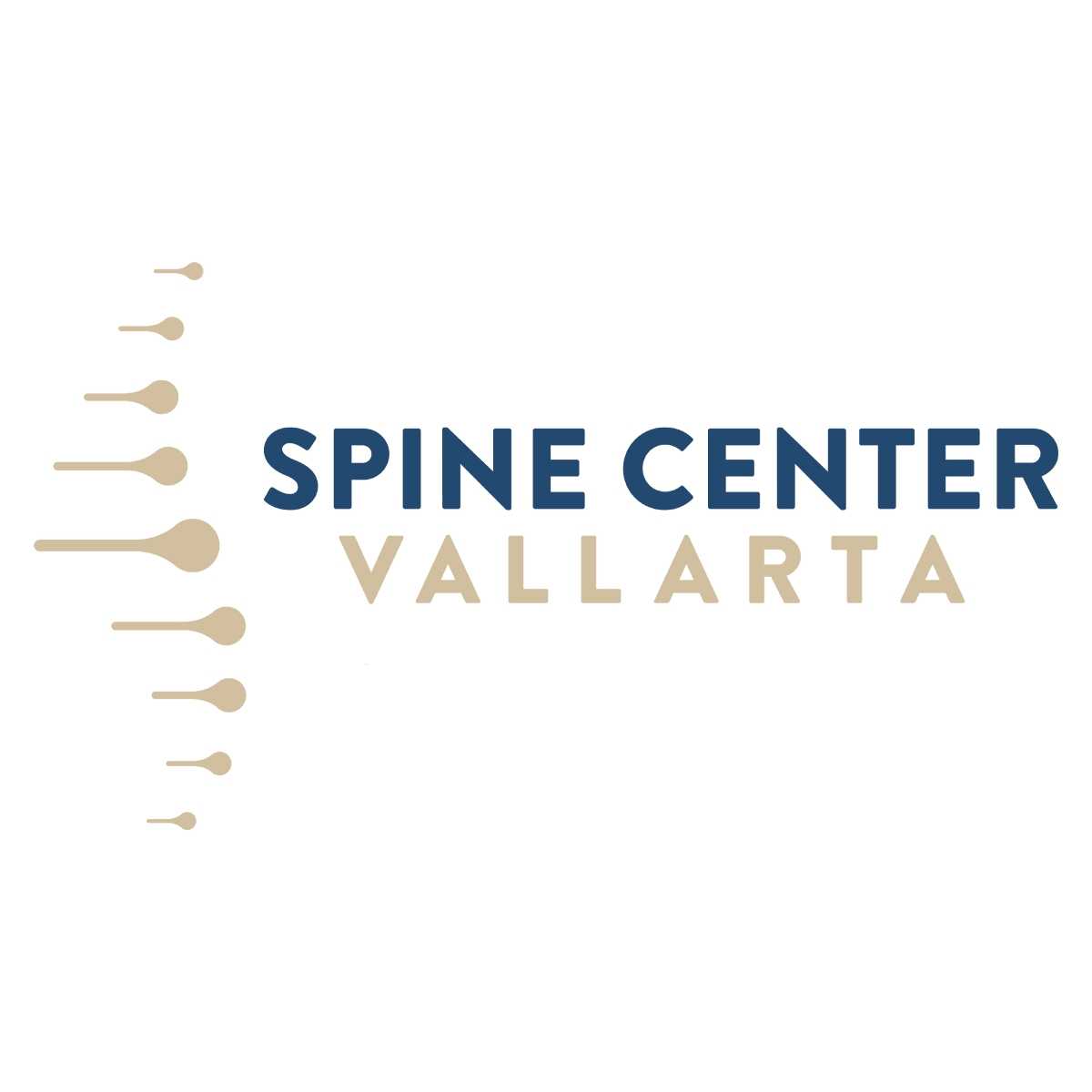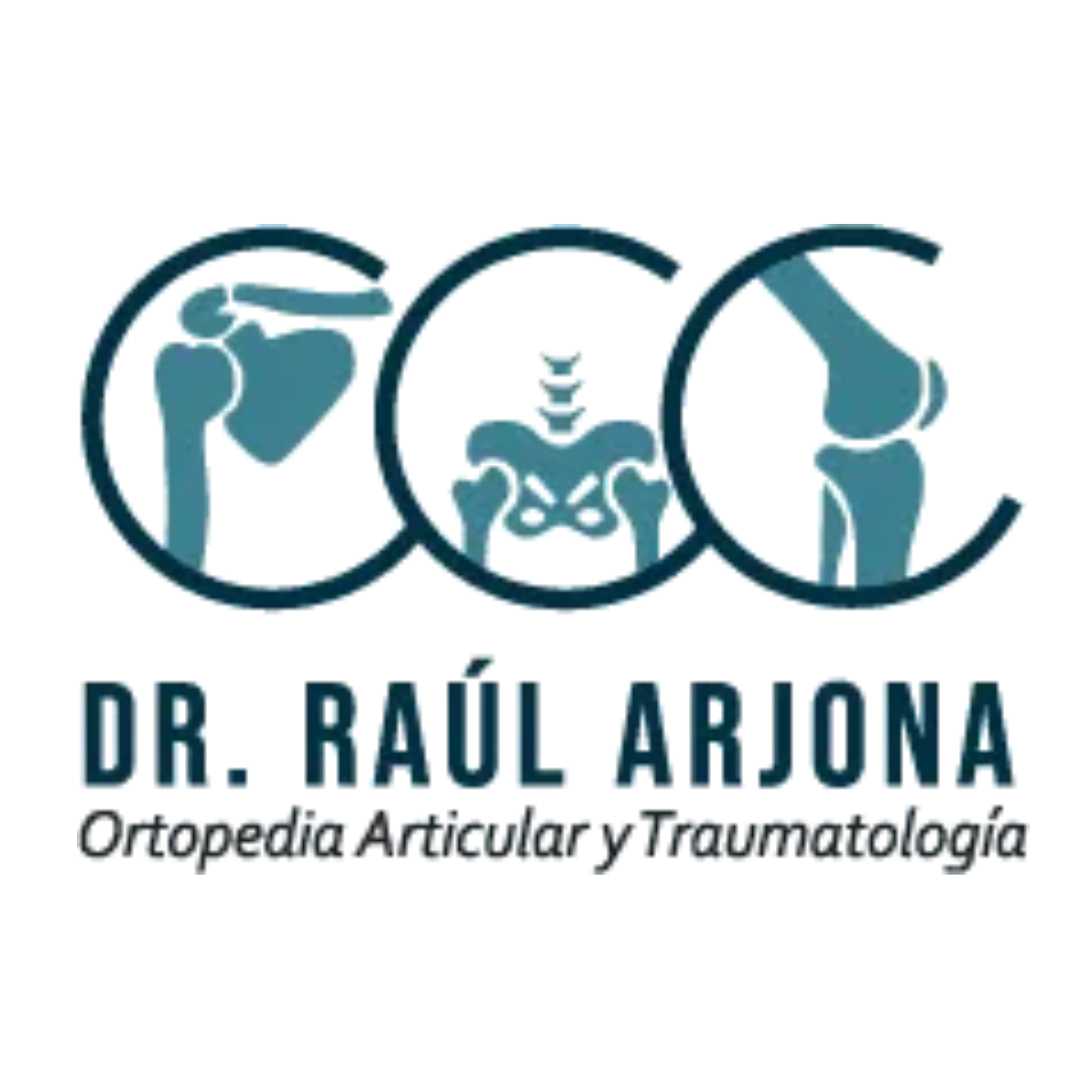Prices for Shoulder Surgery without Insurance

Shoulder surgery is often necessary for individuals suffering from chronic pain, dislocations, or injuries. However, without insurance, the cost can be overwhelming. If you're considering shoulder surgery but worried about the expenses, this guide will help you understand the cost breakdown, factors that affect pricing, affordable alternatives, and recovery expenses to help you make the best financial decision.
Key Insights at a Glance
- Shoulder surgery costs between $6,000 and $50,000 without insurance.
- Prices vary based on the type of procedure, hospital, and surgeon fees.
- Medical tourism options can reduce costs by up to 70%.
- Financing and payment plans are available for uninsured patients.
- Post-surgery expenses (therapy, medications) can add $1,500 to $5,000.
Cost of Shoulder Surgery Without Insurance
The price of shoulder surgery depends on the type of procedure, location, hospital, and surgeon’s expertise. Below is a breakdown of average costs in the U.S.:
Shoulder Surgery Cost Breakdown
| Type of Shoulder Surgery | Cost Range (USD) | Notes |
|---|---|---|
| Rotator Cuff Repair | $8,000 – $20,000 | Common for torn tendons in the shoulder. |
| Total Shoulder Replacement | $20,000 – $50,000 | Replaces damaged shoulder joints with artificial implants. |
| Partial Shoulder Replacement | $15,000 – $35,000 | Only part of the joint is replaced. |
| SLAP Tear (Labrum Repair) | $6,000 – $18,000 | Fixes a torn labrum (cartilage in the shoulder). |
| Shoulder Arthroscopy | $6,000 – $15,000 | Minimally invasive surgery for diagnosing and repairing issues. |
| Dislocation Surgery | $10,000 – $25,000 | Repairs shoulder instability and prevents future dislocations. |
Additional Costs to Consider
- Hospital Stay: $1,000 – $5,000 per night if required.
- Anesthesia Fees: $500 – $2,500 depending on procedure length.
- Surgeon’s Fees: $3,000 – $10,000 based on expertise and location.
- Post-Surgery Therapy & Medications: $1,500 – $5,000 over several months.
Factors That Affect Shoulder Surgery Costs
The total cost of shoulder surgery varies due to several factors, including:
- Hospital vs. Outpatient Clinic: Hospitals charge more due to overhead costs, while outpatient centers can be more affordable.
- Surgeon’s Experience: Highly experienced surgeons charge higher fees, but their expertise can improve outcomes.
- Geographic Location: Surgery costs are higher in cities like New York or Los Angeles compared to smaller towns.
- Procedure Complexity: A simple arthroscopy is much cheaper than a total shoulder replacement.
- Pre-Op & Post-Op Care: Additional tests, medications, and physical therapy can increase costs.
Affordable Alternatives: Medical Tourism for Shoulder Surgery
Many patients travel abroad to undergo shoulder surgery at significantly lower costs while receiving high-quality care. Below are some of the most popular medical tourism destinations for shoulder surgery:
International Shoulder Surgery Cost Comparison
| Country | Rotator Cuff Repair | Total Shoulder Replacement | Labrum Repair |
|---|---|---|---|
| Mexico | $4,000 – $8,000 | $10,000 – $18,000 | $3,500 – $7,000 |
| India | $3,500 – $7,000 | $8,000 – $15,000 | $3,000 – $6,000 |
| Thailand | $4,500 – $9,000 | $10,000 – $20,000 | $3,800 – $7,500 |
| Turkey | $5,000 – $10,000 | $12,000 – $22,000 | $4,000 – $8,000 |
Why Consider Shoulder Surgery Abroad?
- Significant Savings: Up to 70% cheaper than in the U.S.
- World-Class Surgeons: Many trained in the U.S. and Europe.
- Luxury Recovery Facilities: Comfortable hospitals with excellent post-op care.
- Shorter Wait Times: Immediate scheduling compared to long U.S. waitlists.
Financing & Payment Plans for Shoulder Surgery
For those who cannot afford shoulder surgery upfront, financing options can help. Here are a few ways to manage costs:
1. Hospital Payment Plans
Many hospitals offer monthly installment plans for uninsured patients. Some may require a down payment before the surgery.
2. Medical Loans
Several lenders specialize in medical loans with flexible repayment terms. Interest rates vary based on credit history.
3. Healthcare Credit Cards
Programs like CareCredit offer interest-free financing if paid within a specific period (usually 6-12 months).
4. Non-Profit Assistance Programs
Organizations like the HealthWell Foundation and Patient Advocate Foundation provide financial aid for surgery expenses.
5. Negotiating Medical Bills
Some hospitals offer discounts for cash payments or allow patients to negotiate the final bill. It’s worth asking about these options before surgery.
Post-Surgery Recovery & Additional Costs
After surgery, recovery can take anywhere from 3 to 12 months, depending on the procedure. The following costs should be considered:
1. Physical Therapy
- Cost: $50 – $150 per session.
- Duration: 3 to 6 months (2-3 sessions per week).
2. Medications & Pain Management
- Prescription painkillers: $50 – $200 per month.
- Anti-inflammatory drugs: $20 – $100 per month.
3. Follow-Up Appointments
- Doctor visits every few weeks: $100 – $300 per visit.
- X-rays & MRI scans (if needed): $500 – $2,000.
How to Choose the Right Surgeon & Hospital
Selecting the right hospital and surgeon can make a significant difference in both cost and quality of care. Here’s what to look for:
- Board-Certified Surgeon: Ensure the doctor is certified by a reputable medical board.
- Experience in Shoulder Surgeries: Look for specialists with high success rates in your specific procedure.
- Hospital Accreditation: Choose facilities accredited by organizations like JCI (Joint Commission International) for quality assurance.
- Patient Reviews & Testimonials: Read real experiences from past patients.
- Transparent Pricing: Ask for a detailed breakdown of costs before agreeing to surgery.
FAQs About Shoulder Surgery Without Insurance
Can I negotiate the cost of shoulder surgery?
Yes, many hospitals offer cash discounts or allow payment plans for uninsured patients. Some facilities provide reduced pricing if the patient pays in full before the procedure. Negotiating with hospitals and clinics is common, especially if you are paying out of pocket. It is recommended to request an itemized bill to understand all charges and discuss any possible reductions. You may also explore charity care programs and nonprofit organizations that assist with medical expenses.
Is shoulder surgery cheaper at outpatient centers?
Yes, outpatient surgery centers are often 30-50% less expensive than hospitals due to lower overhead costs. These centers specialize in performing specific surgeries, reducing unnecessary expenses related to long hospital stays. Procedures like arthroscopy and rotator cuff repair are commonly done in outpatient facilities, allowing patients to return home the same day, which significantly lowers the overall cost. However, for complex surgeries like total shoulder replacement, a hospital stay may be necessary for proper monitoring and post-operative care.
How long is recovery after shoulder surgery?
Recovery time varies depending on the type of surgery. For minor arthroscopic procedures, most patients regain full function within 3-4 months, while major surgeries like total shoulder replacement may take 6-12 months. The initial recovery phase involves immobilization with a sling for 2-6 weeks, followed by physical therapy to restore strength and mobility. Patients are advised to avoid strenuous activities for several months. Proper rehabilitation is crucial for a successful outcome, and skipping therapy can prolong recovery time.
Are there non-surgical alternatives for shoulder injuries?
Yes, non-surgical treatments can be effective for mild to moderate shoulder conditions. Options include physical therapy, corticosteroid injections, platelet-rich plasma (PRP) therapy, stem cell therapy, and anti-inflammatory medications. These treatments help reduce pain and improve mobility but may not work for severe injuries such as complete rotator cuff tears or advanced arthritis. A consultation with an orthopedic specialist can help determine if surgery is the best option or if conservative treatments can provide relief.
How can I finance shoulder surgery if I don’t have insurance?
Several financing options are available for uninsured patients. Hospital payment plans allow patients to make monthly payments rather than paying upfront. Medical loans from third-party lenders provide flexible repayment terms, though interest rates may vary. Healthcare credit cards like CareCredit offer interest-free financing if paid within a specific period (usually 6-12 months). Some nonprofit organizations and crowdfunding platforms can also help raise funds for medical procedures. Patients should explore all options and compare terms before committing to a payment plan.
What should I look for when choosing a surgeon?
Selecting the right surgeon is crucial for a successful outcome. Look for a board-certified orthopedic surgeon specializing in shoulder procedures. Research their experience, success rates, and patient reviews. Check whether they are affiliated with reputable hospitals or accredited outpatient centers. It’s also important to schedule a consultation to discuss the procedure, ask questions about potential risks, and ensure you feel comfortable with the surgeon’s approach. Asking for before-and-after photos of previous patients can also provide insight into the surgeon’s expertise.
How soon can I return to work after shoulder surgery?
The time needed before returning to work depends on the type of surgery and the nature of your job. Patients with desk jobs can typically resume work within 2-4 weeks, as long as they avoid heavy lifting or overhead activities. Those in physically demanding jobs may need 3-6 months before they can safely return. A doctor’s clearance is required before engaging in strenuous activities to prevent complications and ensure proper healing.
Is it safe to travel abroad for shoulder surgery?
Yes, traveling abroad for shoulder surgery can be safe if you choose a reputable hospital and an experienced surgeon. Many hospitals in Mexico, India, Thailand, and Turkey are internationally accredited and follow high medical standards. It is essential to research the hospital’s credentials, read patient reviews, and verify that the surgeon has extensive experience in shoulder procedures. Patients should also consider travel expenses, visa requirements, and post-surgery recovery arrangements before committing to medical tourism.
What are the risks of shoulder surgery?
As with any surgery, there are risks involved. Common complications include infection, bleeding, nerve damage, stiffness, and implant failure (for replacement surgeries). Some patients may experience prolonged pain or require revision surgery if complications arise. Following post-operative care instructions, attending physical therapy, and maintaining a healthy lifestyle can significantly reduce the risk of complications. Choosing a skilled surgeon and undergoing the procedure at a well-equipped facility further minimizes risks.
What additional costs should I expect after surgery?
Patients should budget for post-surgery expenses, which may include:
- Physical therapy: $50-$150 per session, typically required 2-3 times per week for several months.
- Pain medications: $50-$200 per month, depending on prescription needs.
- Follow-up appointments: $100-$300 per visit, including routine check-ups and imaging.
- X-rays or MRIs: $500-$2,000 if additional scans are needed during recovery.
These costs can add up, so it’s essential to factor them into the total budget when planning for shoulder surgery.
Plan Your Shoulder Surgery Today!
Shoulder surgery without insurance can be expensive, but there are ways to reduce costs and find affordable alternatives. Whether you choose a payment plan, medical tourism, or negotiate hospital fees, you have options to get the treatment you need.
Are you considering shoulder surgery? Start exploring your options today for a pain-free, active future!


.png)














Share this listing